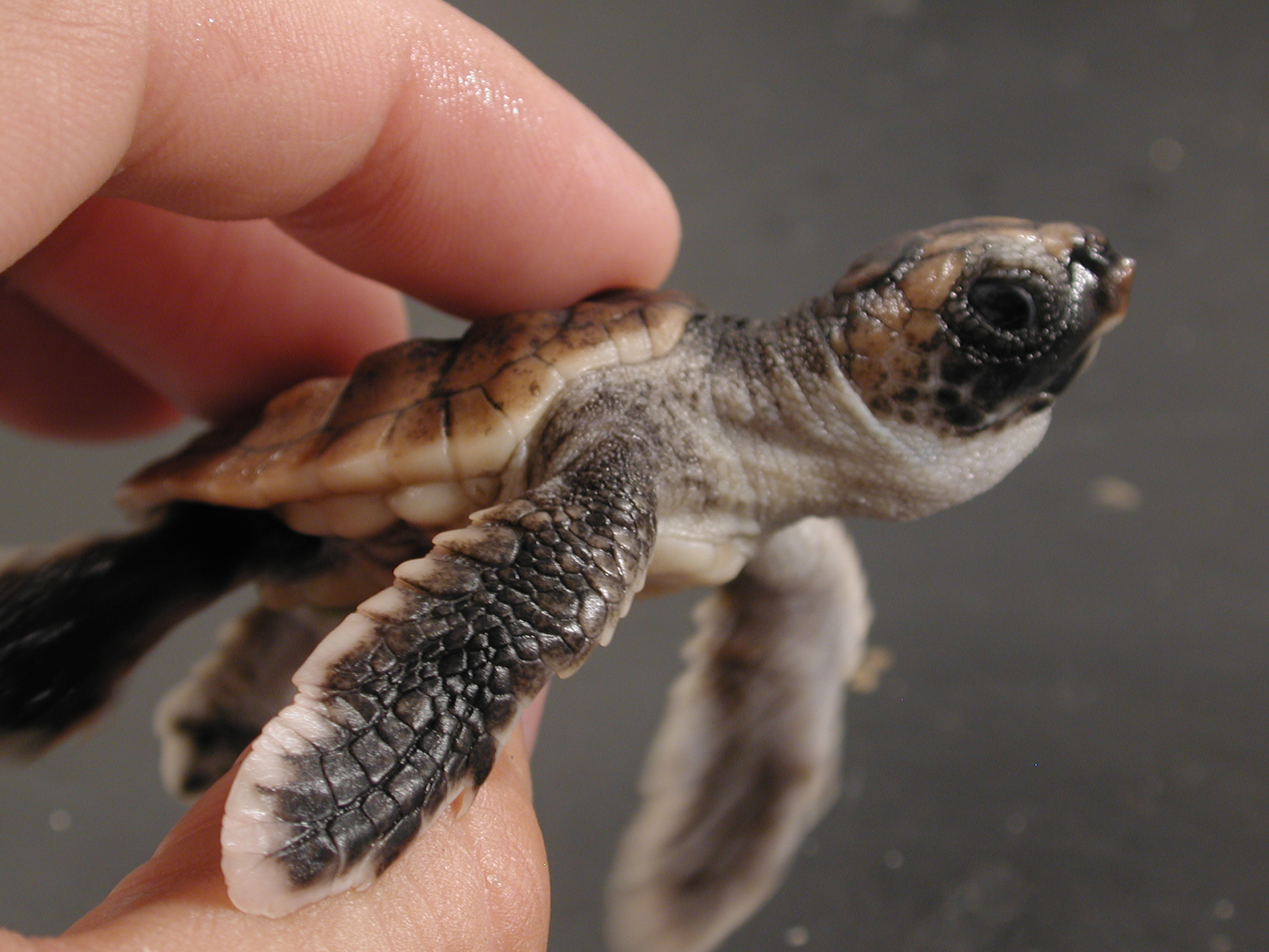Governor Cooper today vetoed House Bill 56, "Amend Environmental Laws," which offers critically insufficient funding to address water contamination in the Wilmington area and statewide, atop a laundry list of bad, unrelated provisions that weaken environmental protections.
The measure would eliminate the locally popular Outer Banks plastic bag ban that protects endangered sea turtles and helps prevent litter, includes a giveaway to the waste industry at the expense of local governments, and adds unnecessary exemptions to riparian buffer protections.
Minimal funding to address GenX contamination of the Cape Fear River
H 56 directs only $435,000 to the Cape Fear Public Utility Authority and UNC-Wilmington to study GenX contamination of the lower Cape Fear River by Chemours and find a way to treat local drinking water. The Legislature ignored a $2.5 million request from Governor Cooper in emergency funding for state agencies to investigate GenX contamination and other unregulated chemicals across North Carolina. DEQ has been challenged to keep up with water quality inspections and permitting due to years of legislative budget cuts. Although H 56 provides a token amount of funding to address GenX, the bill leaves DEQ without needed resources to address emerging contaminants in order to prevent a similar crisis elsewhere in the state.
 Outer Banks plastic bag ban repeal
Outer Banks plastic bag ban repeal
The Outer Banks plastic bag ban was enacted, in part, to protect endangered sea turtles, which can mistake the bags for food, choke on them and die. The ban also reduces litter in sensitive coastal areas. Though the original ban was overwhelmingly supported by Outer Banks citizens and local governments, the Legislature ignored local sentiment and instead accommodated the Retail Merchants Association, a lobbying group that pushed for the repeal.
Waste “flow control” handed to private waste companies
At the request of private waste companies, H 56 includes a provision that takes authority from local governments to determine where solid waste is disposed of and gives it to waste companies. The technical term for this is “flow control.” Unlike local governments, waste companies are not bound by law to provide environmentally safe waste disposal for citizens. This shift in control could be a travesty for the environment and a bonanza for these companies as they compete for revenue from in-state and out-of-state waste streams.
Molly Diggins, state director of the NC Sierra Club, issued this statement regarding the veto:
“We applaud Governor Cooper for standing up for local communities and the environment, while declining to go along with the Legislature’s political gamesmanship surrounding an important drinking water quality issue.
Given what is at stake, it’s concerning that the Legislature has, so far, ignored Governor Cooper’s request for a reasonable $2.5 million for public health and environmental state agencies to have the resources they need to take on the major challenge of emerging contaminants. Instead, House Bill 56 includes a token funding gesture toward addressing local contamination in the Cape Fear River.
We hope that when legislators return in October they will do the right thing by upholding the veto and taking up the governor’s request with a clean appropriations bill, so that North Carolina can prevent another crisis like GenX in the future.
We thank Governor Cooper for showing leadership to protect our unique coastal environment and especially endangered sea turtles, which can too easily be harmed by the abundance of plastic waste in the ocean, and for keeping local authority over waste management.”